Celebrate our tenth anniversary with the biggest issue we’ve ever made. FLOOD 13 is deluxe, 252-page commemorative edition—a collectible, coffee-table-style volume in a 12″ x 12″ format—packed with dynamic graphic design, stunning photography and artwork, and dozens of amazing artists representing the past, present, and future of FLOOD’s editorial spectrum, while also looking back at key moments and events in our history. Inside, you’ll find in-depth cover stories on Gorillaz and Magdalena Bay, plus interviews with Mac DeMarco, Lord Huron, Wolf Alice, Norman Reedus, The Zombies, Nation of Language, Bootsy Collins, Fred Armisen, Jazz Is Dead, Automatic, Rocket, and many more.

Joyce Manor, I Used to Go to This Bar
The Torrance punks’ seventh album sees the trio firing on all cylinders with their signature punchy hooks and catchy choruses culminating in 19 minutes of sheer pop-punk glory.
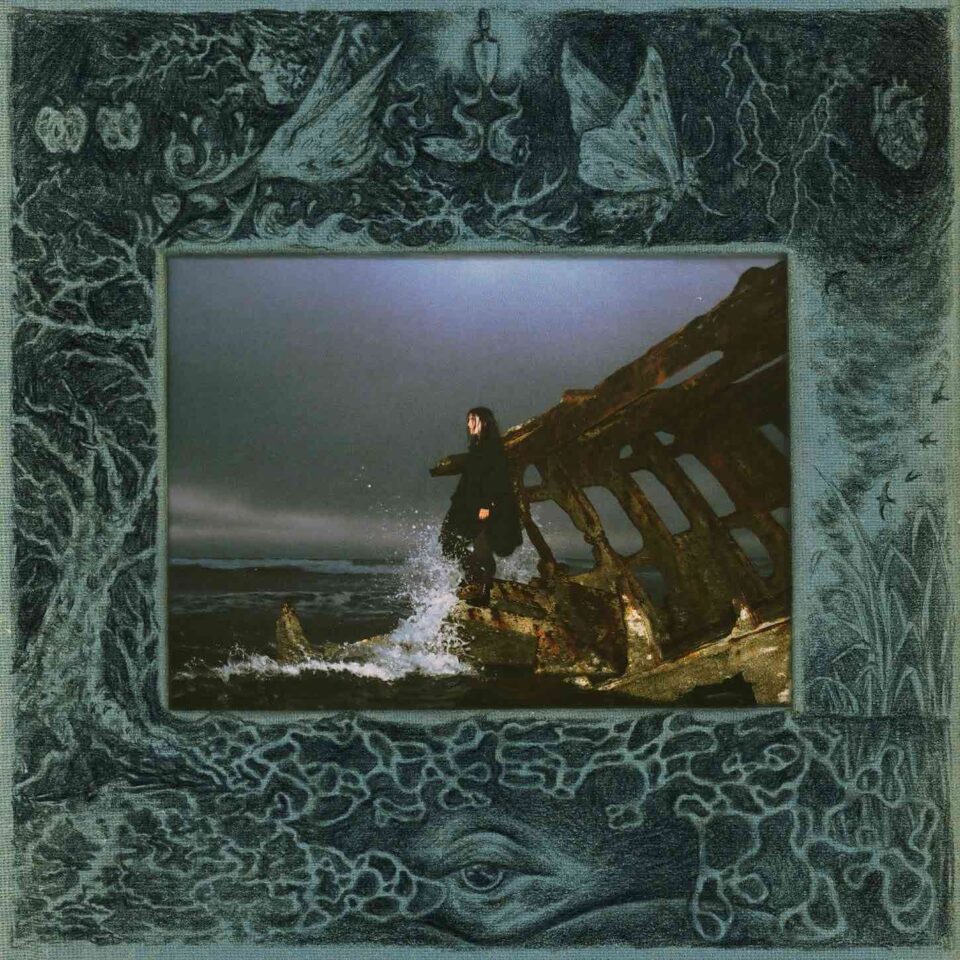
Searows, Death in the Business of Whaling
Alec Duckart’s nautically themed second album infuses its emotionally fragile indie-folk with a trudging heaviness that pushes toward doom-metal territory.

Camper, Campilation
Flush with a historic list of Black voices both past and present, the producer’s debut album sees him devise yet another way to remake the wheel of soul.
Kyle Lemmon

Actors Banks Repeta and Jaylin Webb discuss James Gray’s semi-autobiographical film, their friendship on and offscreen, and more.

The exploratory minimalist songwriter’s third album is a cluster of nine nocturnal vapors released with the stark atmosphere of a folk-horror film.

This seventh LP grabs the French rockers’ usual bag of pop tricks and gives it a good shake, the 10 tracks breezing by with little room to stop and contemplate the contours of each one.

The UK group’s second LP snaps their post-punk mold into digestible moments of alt-rock, punk blues, and classic sophomore album experimentalism.

Along with his friend and collaborator Wilson, we look back on 20 years of Waits’ conjoined-twin albums Alice and Blood Money.

The eighth studio album from the alt-rock vets mostly sticks to its promise of bigger, bolder tracks, providing a handful of fluttering highs among their near-four-decade discography.

Doug Martsch discusses keeping it fresh after 30 years, his reflective ninth album When the Wind Forgets Your Name, and a quarantine love for The Legend of Zelda: Breath of the Wild.

Joe Goddard discusses evolving the spectacle of their recorded output and refining their craft on the band’s eighth studio album.

This remixed odds and ends collection is longer, denser, more disorderly, and less refined than the composer’s solo effort from last year.

These colorful, multilayered songs flow from Noah Lennox and Pete Kember as they avoid the prickliness of other pandemic releases.
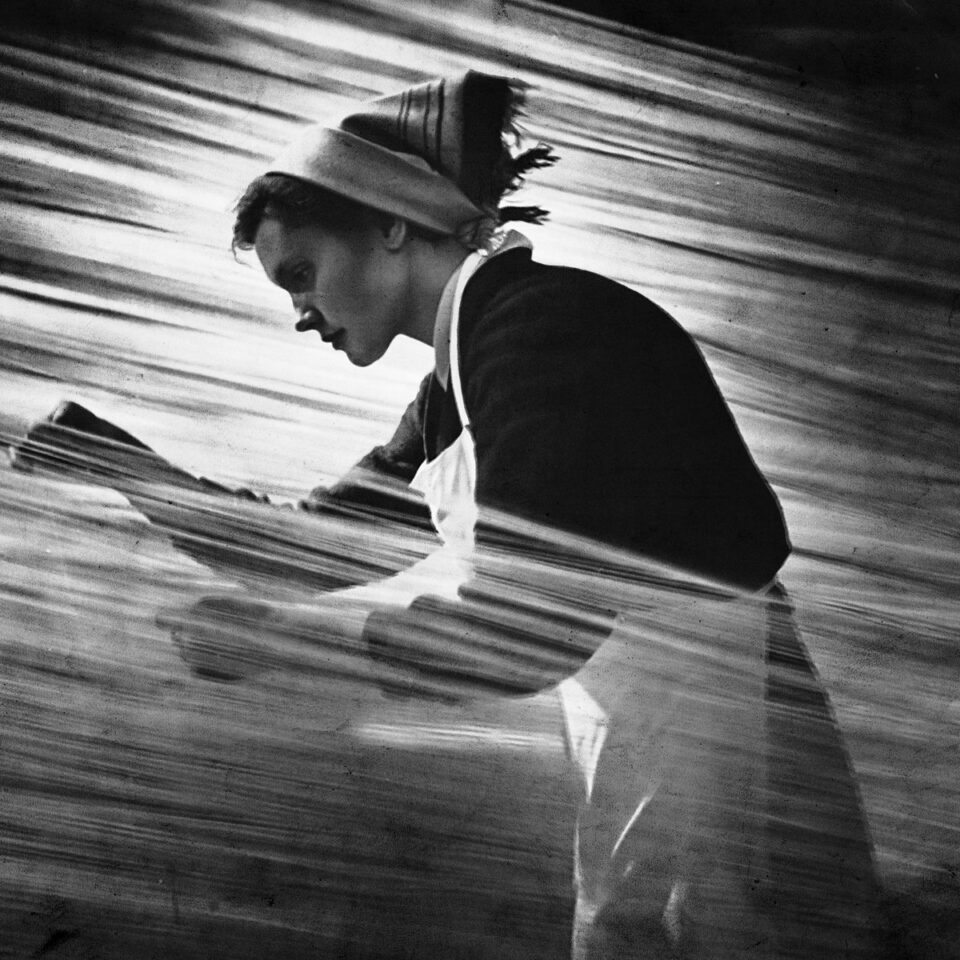
On his second album in less than four months, White leans into his softer side, oftentimes overshadowed by his blistering electric guitar solos.
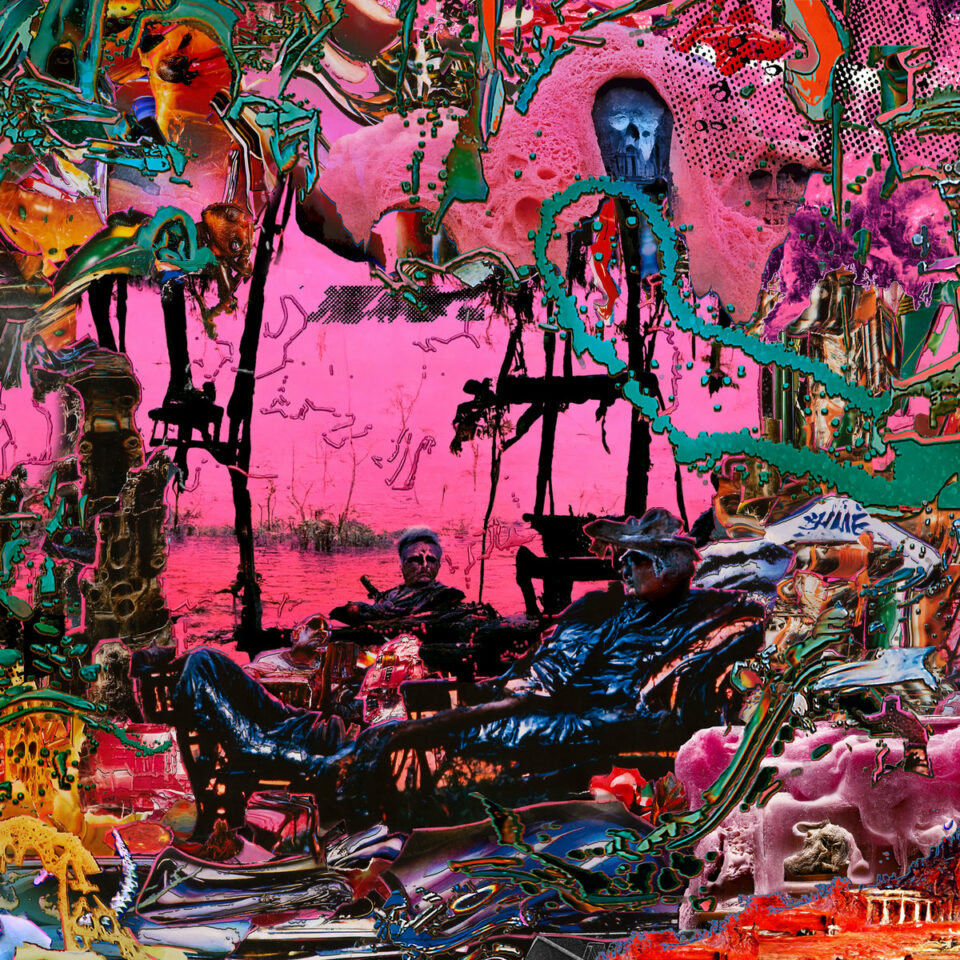
The London trio’s third album is full of hallucinogenic scenes where jazz, prog, electronic, and punk pretzel around each other until it looks like one musical gordian knot.

Nika Roza Danilova also discusses getting to know herself in a new way through her latest collection of gothic songs.

The Real Estate vocalist’s second solo LP can coast by in one moment before jolting you back to bygone days with a sharp turn of phrase or instrumental U-turn.
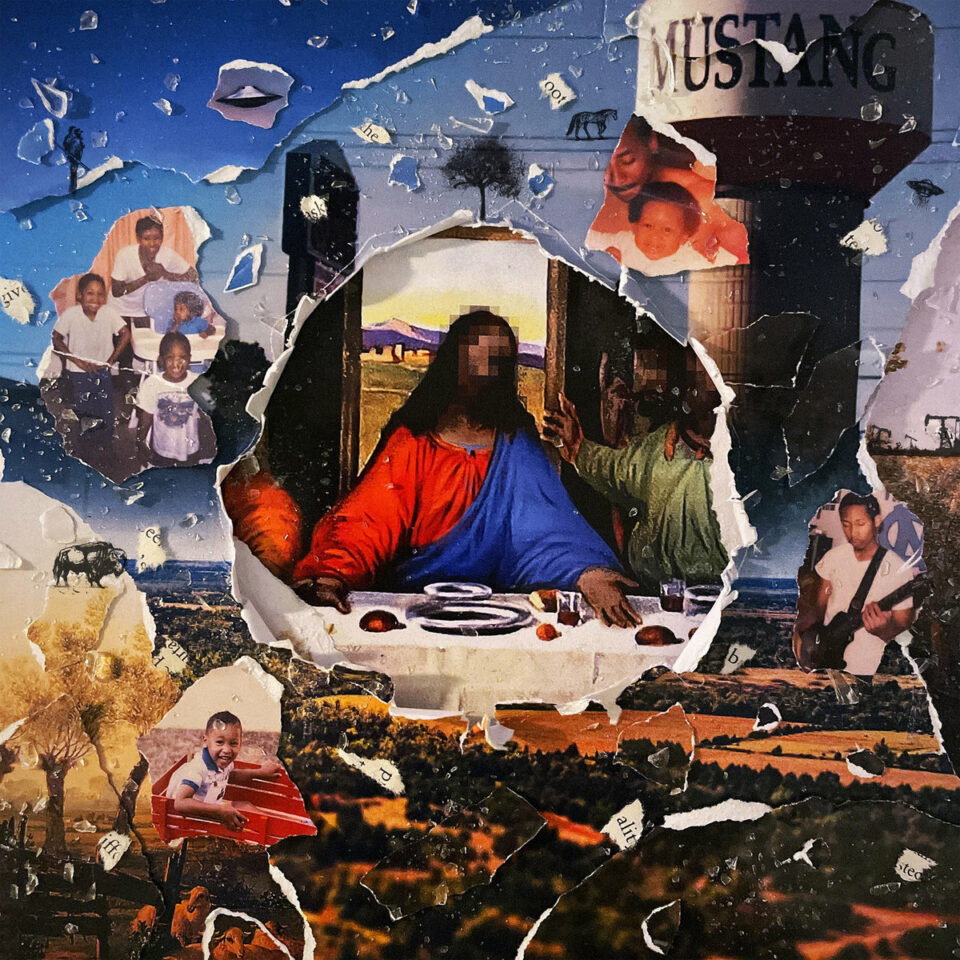
On his intimate sophomore effort, Strange is thankfully still not settling into one particular style as he soundtracks self-examinations on pained familial histories.
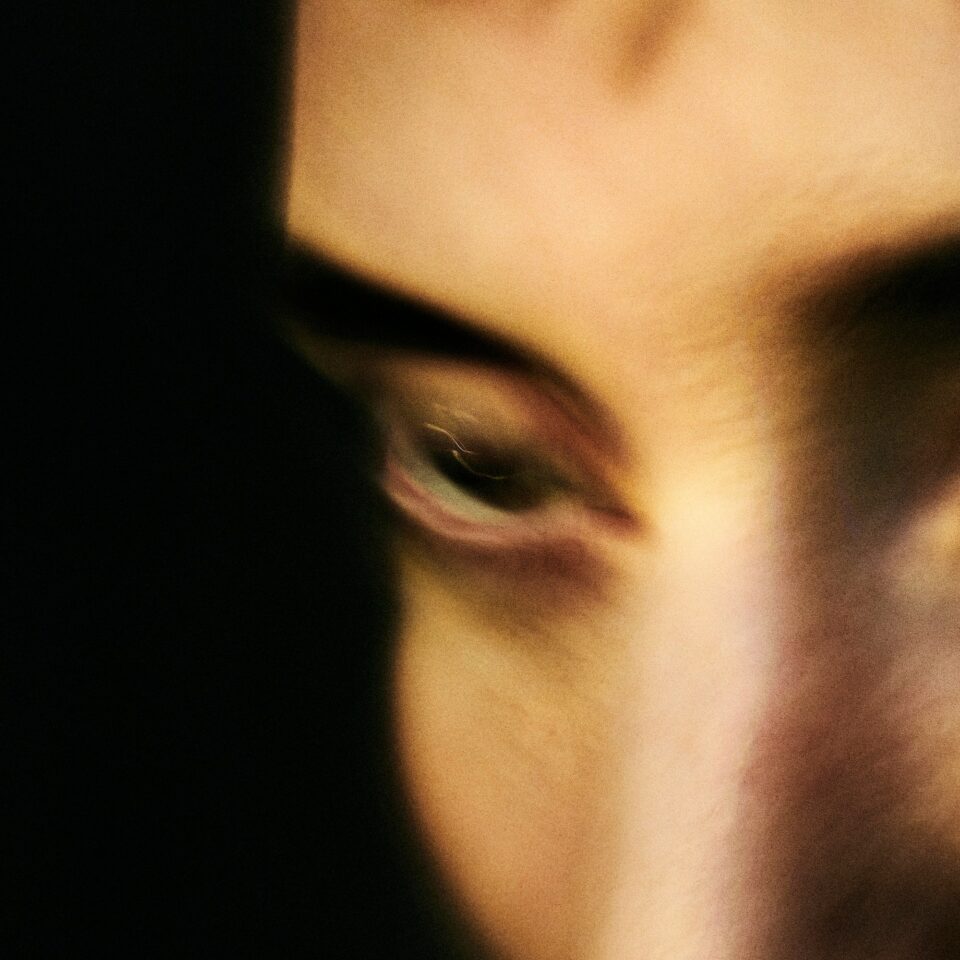
By ramping down the production value, the Swedish songwriter puts a strict focus on the small, captured moments, akin to studying a lover’s face for context clues.
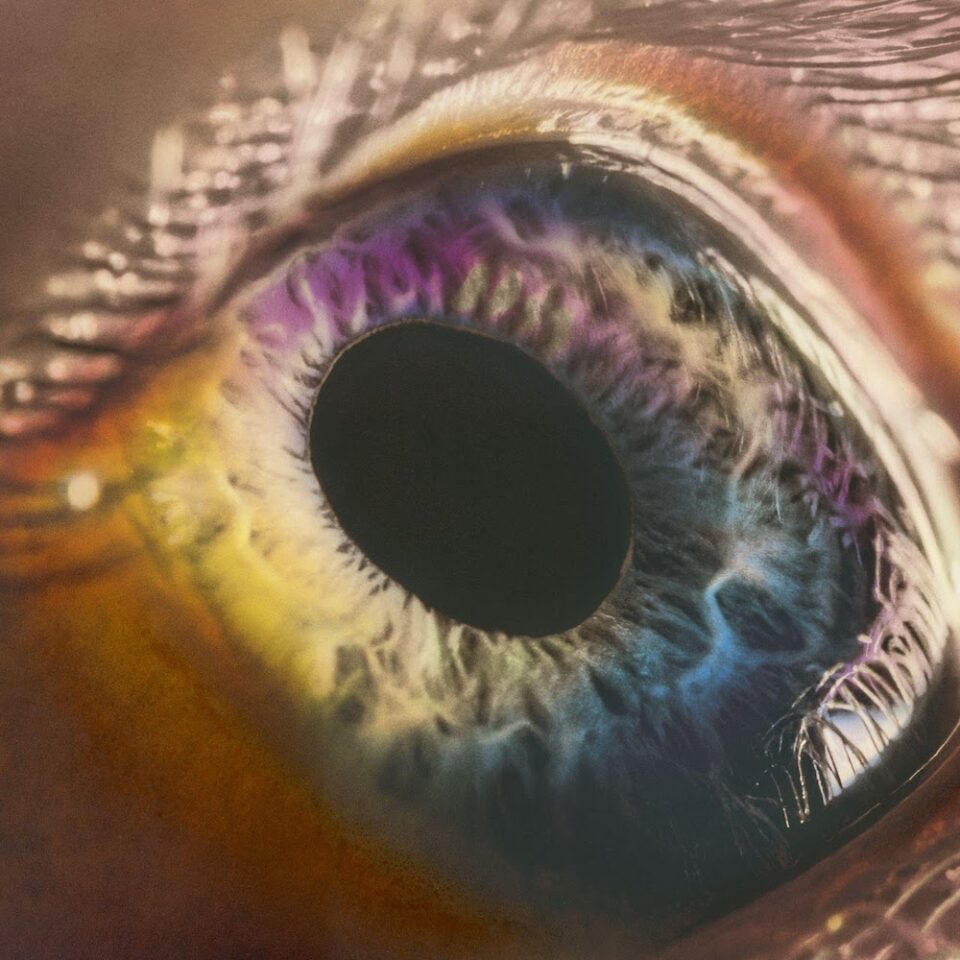
This sixth album often finds a veteran band charging atop vigorous, surging melodies and not being afraid to just lean into the groove again.

The duo’s fourth LP is a multitude of things at one time, and that’s both its downfall and its triumph.
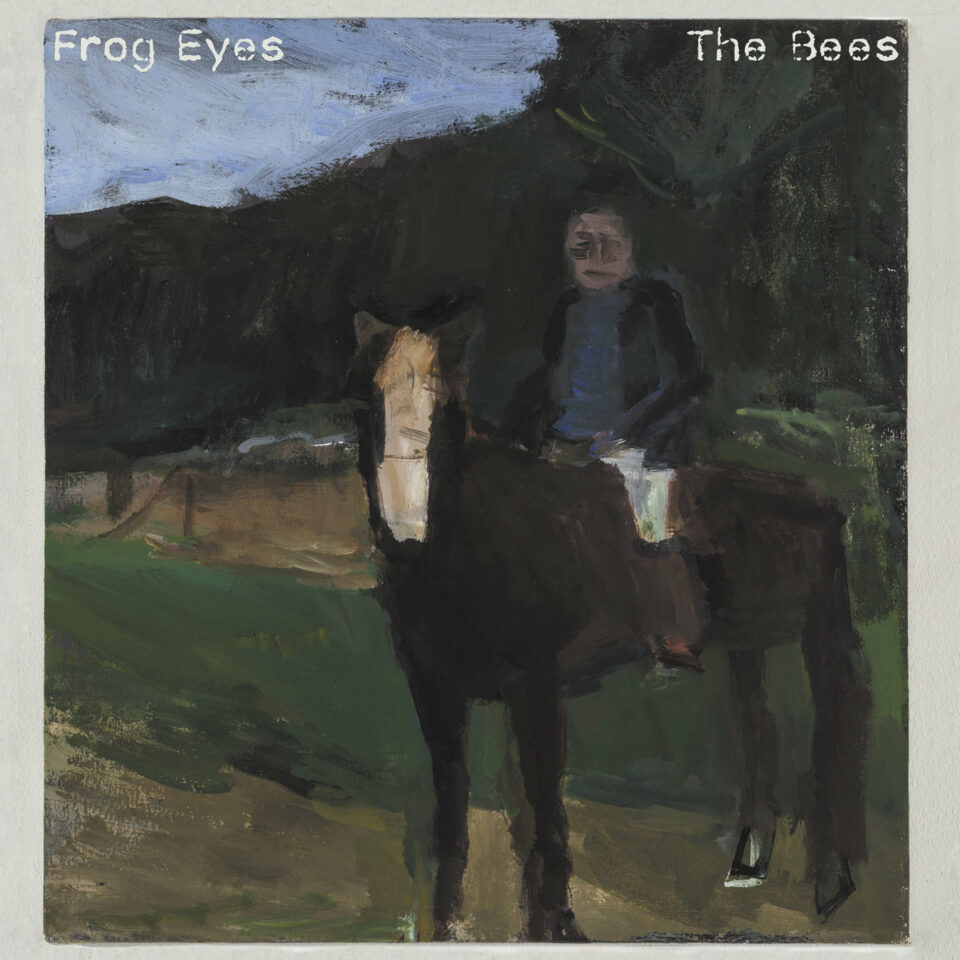
Varying in length, tone, and setting, these 10 tracks sound like a new era for both Carey Mercer’s singing and his backing trio that have pushed him along.
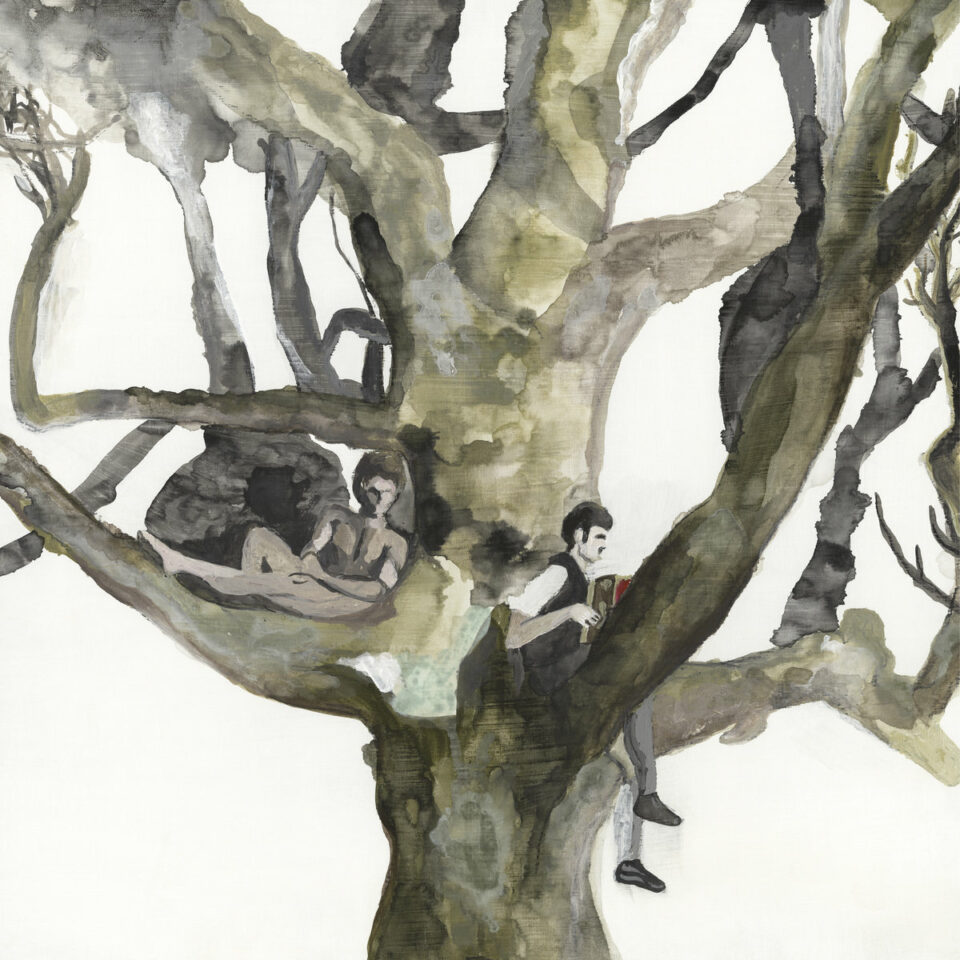
Dan Bejar’s emotionally rumpled pandemic album wanders through a diverse set of genres, requiring the listener to look at it from all angles.



